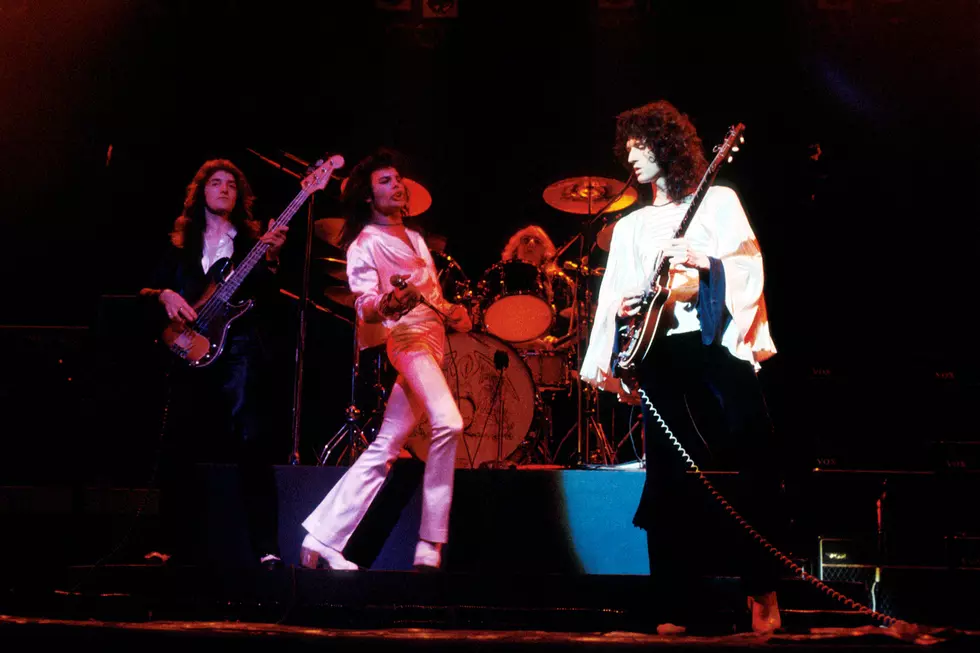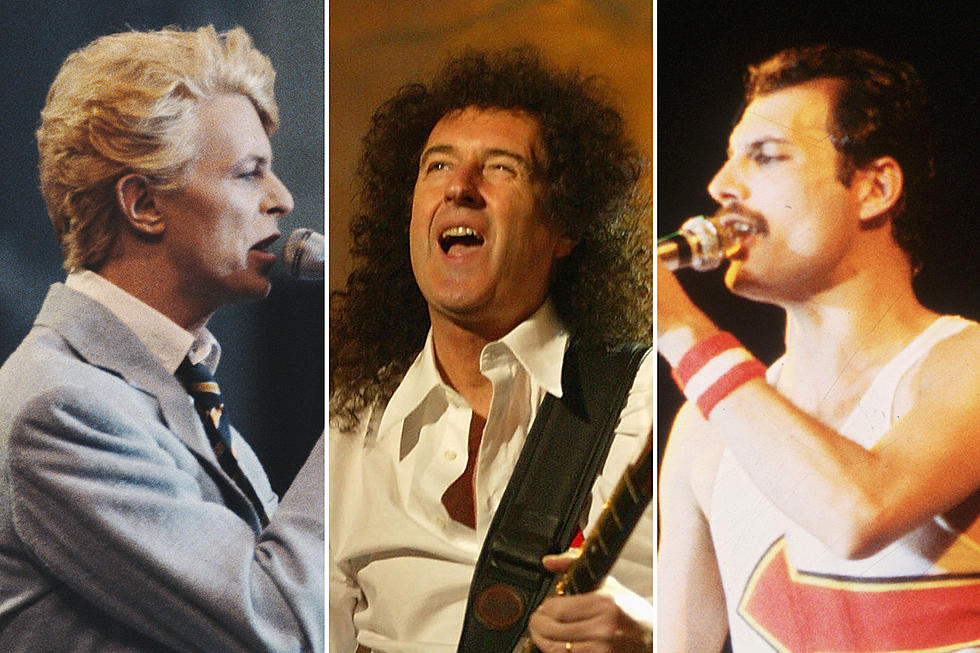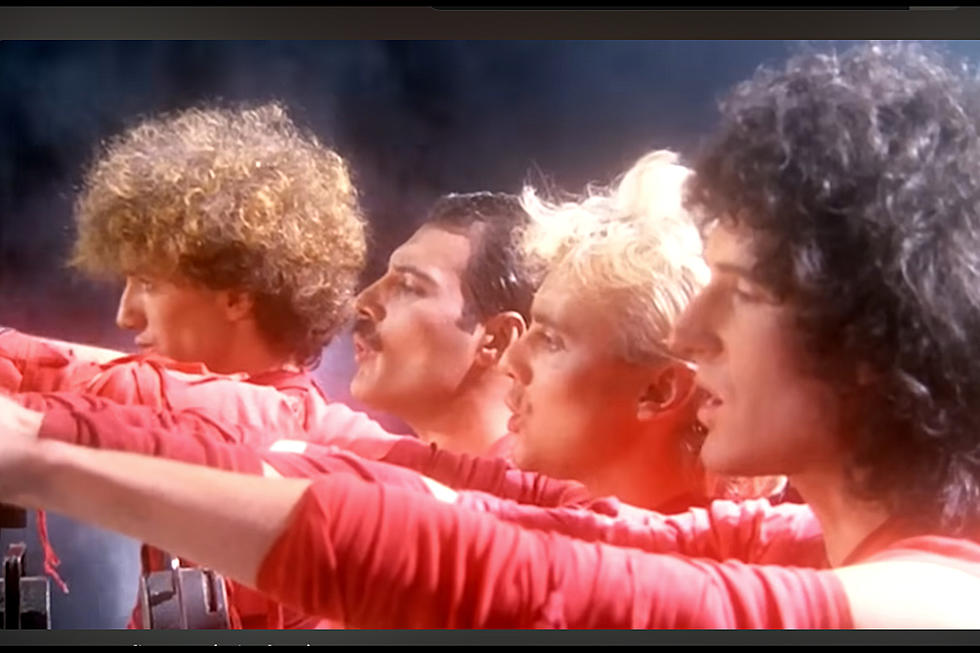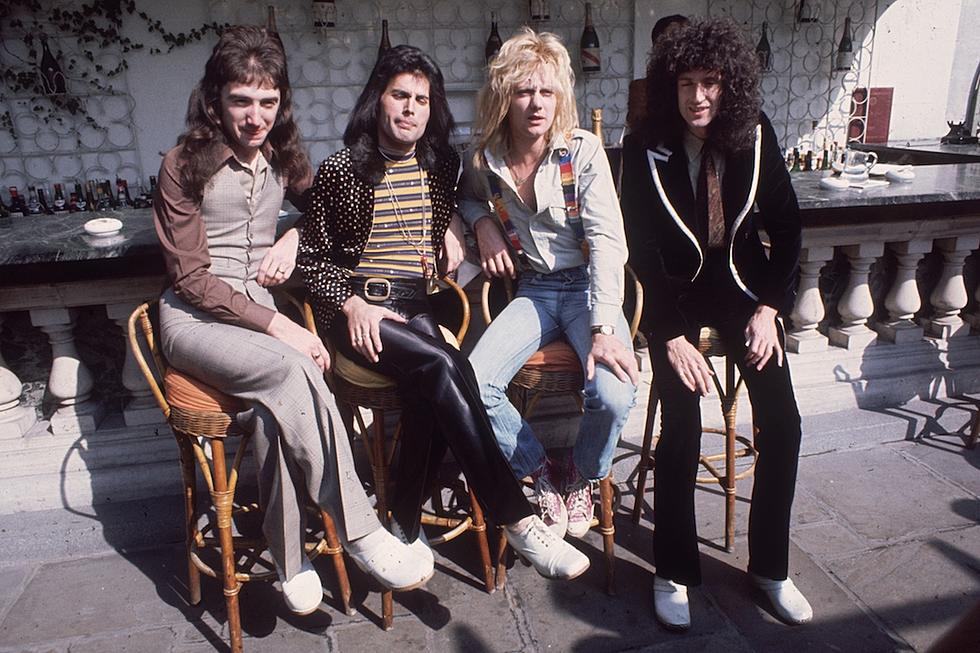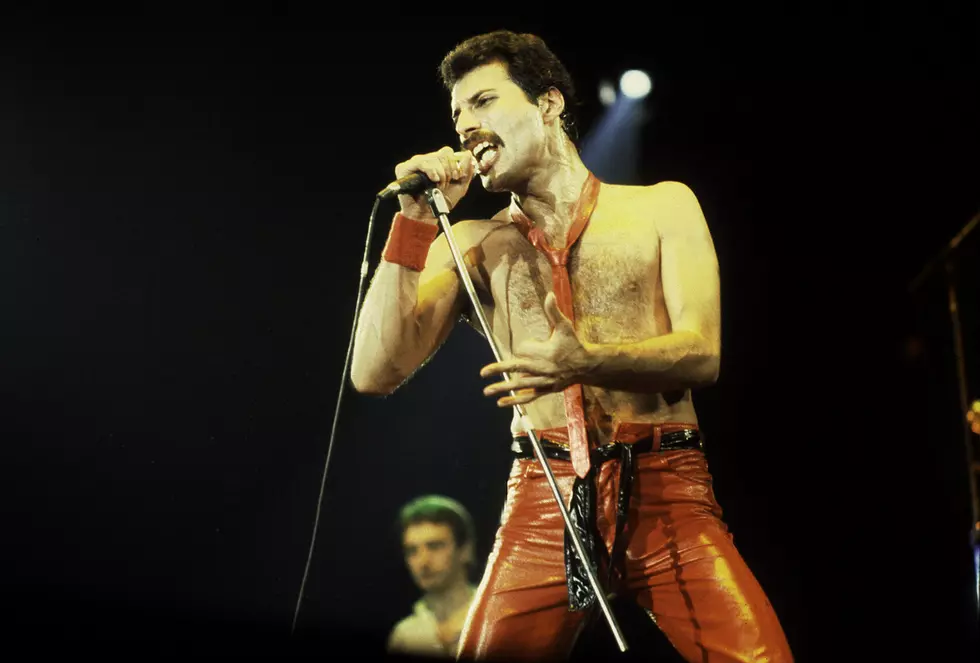
40 Years Ago: Queen Reach Their U.S. Peak With ‘The Game’ Tour
Queen had every reason to feel positive when they opened the world tour in support of their eighth album, The Game, on June 30, 1980.
A 49-date U.S. run was ahead of them, the LP was released the same day and would go on to become their only No. 1 and “Another One Bites the Dust” would become their second chart-topping single from the record after “Crazy Little Thing Called Love” from the previous year.
Backstage, however, it wasn’t so straightforward. The Game – the band's first album to feature synthesizers, albeit in a minimal manner – was a difficult record to complete. “We struggled bitterly with each other,” guitarist Brian May told Mojo in 1999. “We were all frustrated with each other. I remember [bassist] John [Deacon] saying I didn't play the kind of guitar he wanted on his songs. We all tried to leave the band more than once. But then we'd come back to the idea that the band was greater than any of us. It was more enduring than most of our marriages.”
A total of 81 dates were booked worldwide over 17 months, including a record-breaking visit to South America and culminating with two nights at the Rock Montreal festival. As always, Queen invested heavily in putting on a memorable show, with running costs reportedly £25,000 a day, which equals about $180,000 a day in modern terms.
Synths wouldn’t begin to make an appearance at Queen live shows until 1982, which left May, Deacon, singer Freddie Mercury and drummer Roger Taylor continuing to focus the energy of four individuals on the challenge of replicating the feel of their multi-layered studio work.
Watch Queen Perform ‘Play the Game’ at Rock Montreal in 1981
“The flashy thing, that if it looks good and is well presented, then it can’t really have a substance," May told Melody Maker during the tour. "A couple of years ago that was at its peak, that if you had a decent light show and a good PA, that was selling out to commercialism. I think people have got over that, the groups that were successful from that period have started to go down the road we’ve gone down. If people are paying to see them, it’s worth being able to be heard properly and seen properly. It’s worth doing a complete show that people are satisfied with.”
He noted that "touring is certainly the most immediately fulfilling part of what we do, and it’s not really a big strain – mentally or physically – because we’re well organized, we know how to do it. All you have to worry about is playing well on the night. For me, it’s by far the best part of being in the band. Suddenly, life becomes simple again!”
May didn’t discuss the tensions that surrounded the making of the album album, but he did say that "on the whole, I wouldn’t have it any other way. … I think you need the balance, you need the studio to develop ideas. … But there is always somewhere new to conquer, as it were.”
Even amid the peak of interest in the States, the guitarist insisted that it wasn’t the band’s main ambition. “It’s an aim that affects everybody, even if they won’t admit it, that you’re progressing,” he reflected. "You get to play Madison Square Garden for one night, then two, then three. You’re reaching more people each time, and it’s a recognition that the people who enjoyed themselves the first time had come back and brought their friends. … Often, if you sell more records, it doesn’t mean that the quality of the record is any better, sometimes quite the opposite. But it’s something you do, another little force that propels you along.”
In the same interview, May recalled his first visit to the U.S. "We sold out a couple of nights in a small place, and I went to see Led Zeppelin at the Forum," he explained. "And I thought then, ‘Jesus Christ, if we can ever play here, that would be the ultimate dream come true!’”
Ironically, Queen’s final U.S. concert would take place in that very same venue in September 1982. By that time, The Game had sold 4 million copies, powered by the success of the tour. But the combined forces of changing musical tastes, the flop of the sci-fi movie Flash Gordon featuring Queen’s soundtrack, further personal issues and mainstream disapproval of Mercury’s lifestyle meant many Americans lost interest in the band.
“I remember suddenly realizing that we weren't packing them in quite as much as we used to,” Taylor said of their final appearance at the L.A. Forum in 1982. Queen had much more to offer the world during the rest of the decade, but mainstream American fans sat most of it out.
“We always assumed that we would go back,” May said in 1999. “But events overtook us. I know Freddie was very keen for that last album [Innuendo] to be accepted in the States. But we never got there. … Even the impact of Freddie’s death wasn't anything like as big as the impact of Wayne’s World. It wasn’t the same as in Europe.”
Queen Albums Ranked
More From Ultimate Classic Rock

